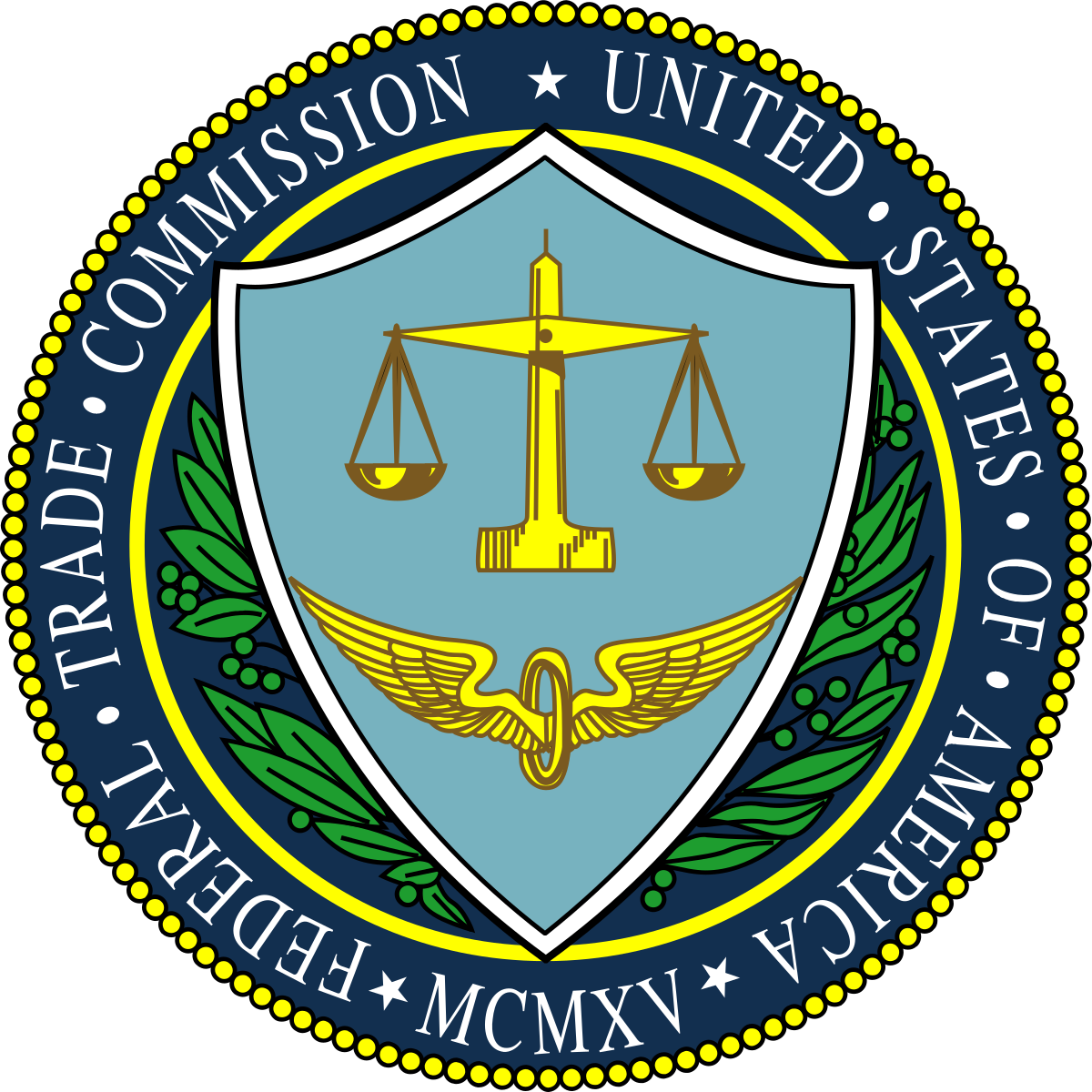Stop Lying, Mr. Zuckerberg. Or What An Actual Regulator Looks like
The FTC's Lina Khan doesn't tolerate bad faith.
Welcome to BIG, a newsletter on the politics of monopoly power. If you’d like to sign up to receive issues over email, you can do so here.
Two days ago, Facebook cut off NYU researchers who were looking at the social networks’s advertising practices. These researchers had asked volunteers if they could look at their Facebook pages to see what Facebook was showing them. Facebook hates being scrutinized by independent authorities, so the firm cut off the researchers, and wrote a self-righteous blog post about protecting the privacy of its users. Zuckerberg’s firm argued that, because they had signed a consent decree with the Federal Trade Commission committing them to protecting user data, they had no choice but to cut off the researchers.
It’s a standard bad faith tactic, to weaponize privacy in service of power.
This time, though, there’s an actual regulator in place. Just a day later, Sam Levine, the head of the consumer protection bureau at the FTC, sent a public letter to Zuckerberg accusing him of lying about the consent decree and misrepresenting the situation.
Had you honored your commitment to contact us in advance, we would have pointed out that the consent decree does not bar Facebook from creating exceptions for good-faith research in the public interest. Indeed, the FTC supports efforts to shed light on opaque business practices, especially around surveillance-based advertising. While it is not our role to resolve individual disputes between Facebook and third parties, we hope that the company is not invoking privacy – much less the FTC consent order – as a pretext to advance other aims.
Typically, agencies don’t publicly call bullshit on powerful firms, and they don’t move at this speed. Or at least, they didn’t used to.



Funny how they're suddenly concerned about privacy when it involves something like this. I'm glad the FTC actually reacted, but frankly it still wasn't enough. Considering the researchers asked people to *voluntarily* show them the content, there's absolutely no privacy issue at all, so it's not just that Facebook was using the consent decree to block something that *technically* should be blocked based on the decree, but it was totally unrelated. It amazes me they can't see that these knee-jerk reactions they keep making just continue to dig themselves deeper and display to the public exactly why they need to be regulated and broken up.